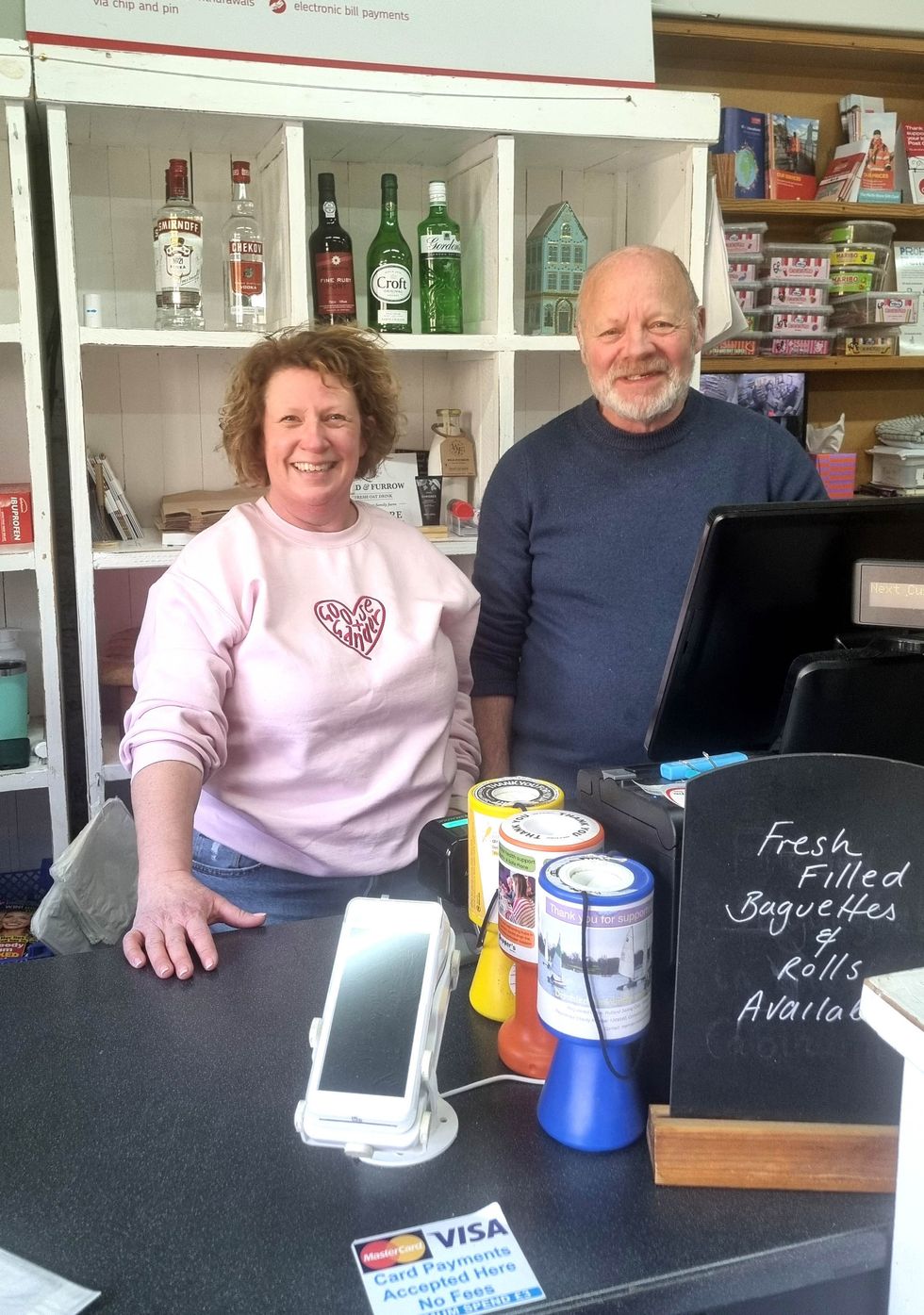India has overtaken France to become the UK’s largest market of Scotch whisky in terms of volume with a 60 per cent hike in imports in 2022 over the previous year, according to the latest figures released by Scotland’s leading industry body.
The Scotch Whisky Association (SWA) revealed on Friday that India imported 219 million 70cl bottles of Scotch compared to France’s 205 million last year – representing growth of the Indian Scotch market of more than 200 per cent in the past decade.
As one of the key sectors of focus for the UK in the free trade agreement (FTA) talks with India, now in their seventh round of negotiations, SWA pointed out that the hike in volume still makes up only a fraction of the Indian whisky market due to high tariffs.
“Despite double-digit growth, Scotch whisky still only comprises two per cent of the Indian whisky market,” the association said.
“SWA analysis shows that a UK-India FTA deal which eases the 150 per cent tariff burden on Scotch whisky in India could boost market access for Scotland’s whisky companies, allowing for an additional £1 billion of growth over the next five years,” it noted.
The value of the Indian market for Scotch exports comes in at fifth worth £282 million, up 93 per cent in 2021 and behind France, Singapore and Taiwan. The 2022 trend also saw the Asia-Pacific region overtake the European Union (EU) as the industry’s largest regional market, with double-digit post-pandemic growth also seen in Taiwan, Singapore and China besides India.
“During a year of significant economic headwinds and global supply chain disruption, the Scotch Whisky industry continued to be an anchor of growth, supporting investment and job creation across Scotland and the UK,” said SWA Chief Executive Mark Kent.
“By reducing tariffs through the UK-India free trade agreement, continuing the duty freeze in the March budget, and ensuring the industry’s continued ability to advertise our world-class product in our home market, the Scottish and UK governments can count on the Scotch whisky industry to reinvest its success across the UK,” he said.
Overall, the year 2022 saw solid growth in Scotch exports around the world, with the US holding on to its topmost position as the largest market by value at £1.05 billion. The total export value of Scotch whisky – one of the UK’s biggest exporters – was up 37 per cent by value to £6.2bn.
UK Trade Minister Nigel Huddleston said: “Scotch whisky is one of the UK’s great exporting success stories, contributing billions of pounds to the economy and supporting thousands of jobs, so I’m pleased to see these export figures showing a growing global demand.
“It’s essential we continue to support the industry as it expands into new markets thanks to our new trade agreements around the world such as CPTPP [Comprehensive and Progressive Agreement for Trans-Pacific Partnership] and in India. As we set our sights on £1 trillion exports by 2030, I’m confident we can see Scotch whisky go from strength to strength in the years ahead.”
According to SWA data, on average the equivalent of 53 bottles of Scotch whisky are exported every second – up from 44 per second in 2021. Bottled blended Scotch whisky accounts for 59 per cent of value exports, with Single Malt 32 per cent of all Scotch whisky exports by value.
“The whisky industry alone employs 11,000 people directly in Scotland, over 7,000 of whom work in rural areas and a further 42,000 jobs across the UK. We will continue to engage with and listen to the whisky industry to understand how we can improve export opportunities and remove barriers to trade,” added Mairi Gougeon, Scottish government’s Rural Affairs and Islands Cabinet Secretary.

















 Helen and Andrew Wood of Edith Weston Village Store in Edith Weston, Rutland
Helen and Andrew Wood of Edith Weston Village Store in Edith Weston, Rutland


